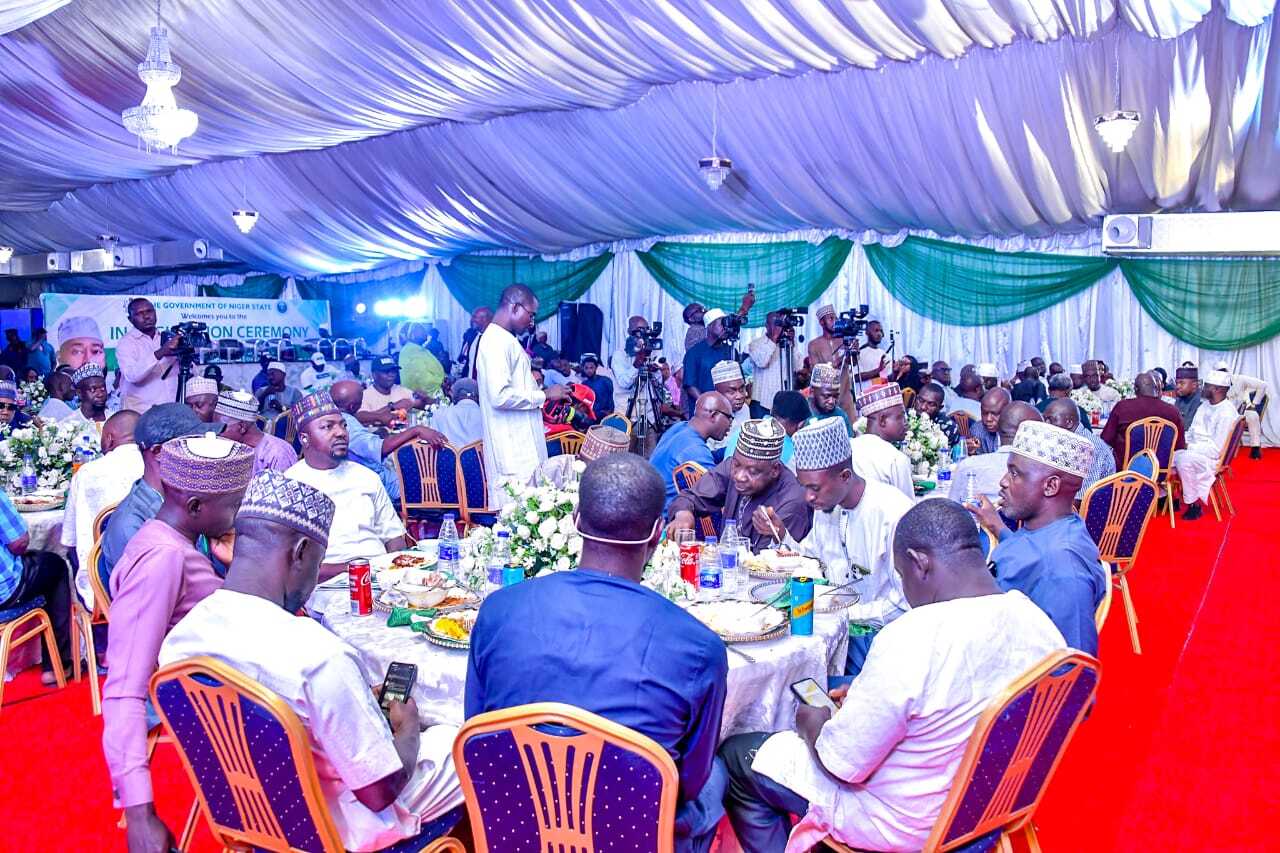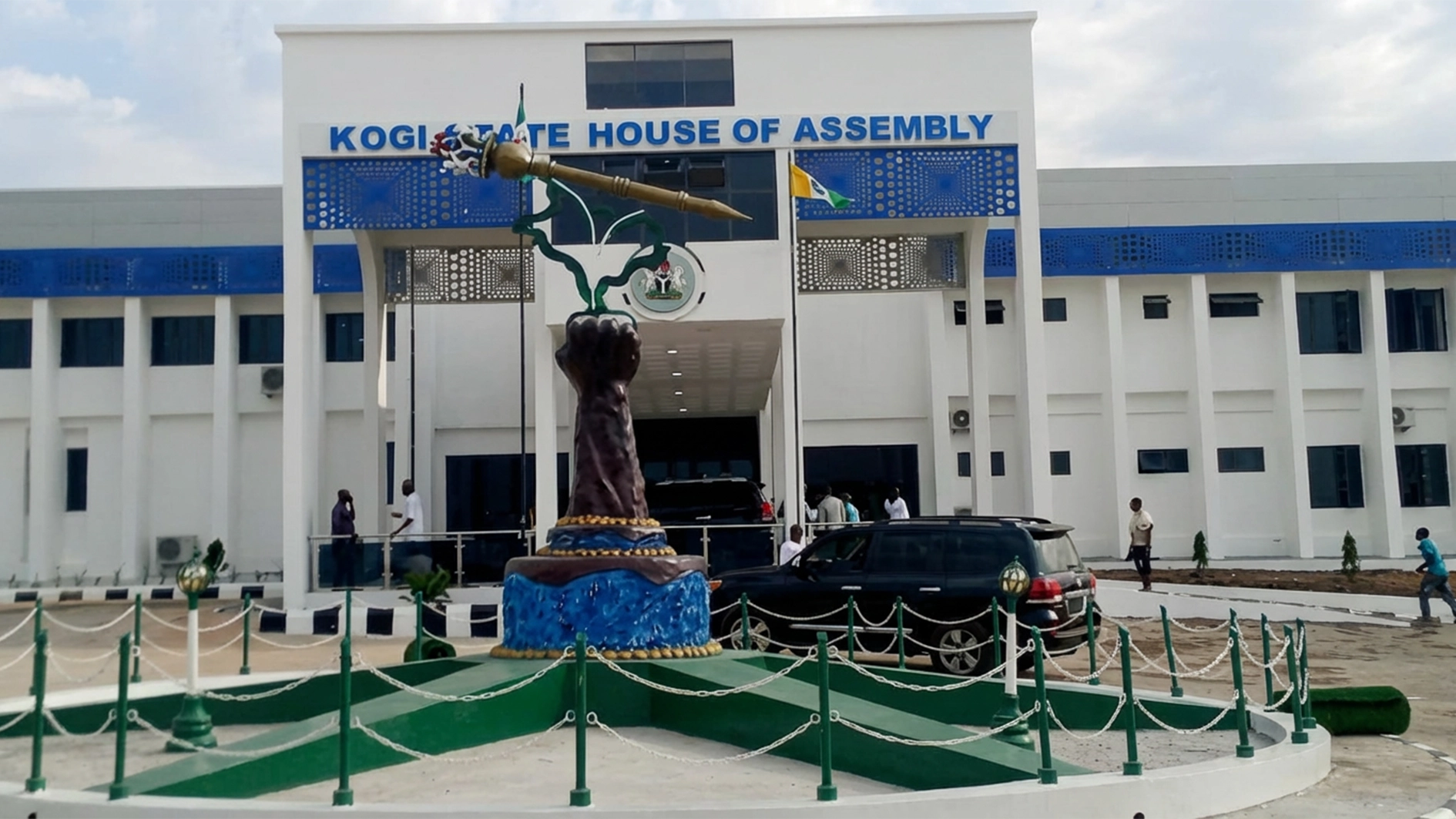As artificial intelligence (AI) and machine learning (ML) become pivotal in the fight against climate change, a new frontier of innovation is emerging globally. From climate modelling and satellite-based forest monitoring to predictive analytics for disaster management, AI and ML technologies are unlocking tools that were previously unimaginable. Yet, amid all this progress, one essential catalyst remains underdeveloped and under-discussed: mentorship.
In the conversation about climate innovation, particularly in the Global South, there is a growing chorus celebrating the rise of young, tech-savvy talent. Boot camps, hackathons, fellowships, and startup accelerators abound. But even as we laud the raw brilliance of a new generation of climate data scientists and green-tech developers, we are failing to nurture that talent in the way that truly matters.
The promise of AI in climate solutions is not speculative — it is already manifesting in real-world impact. Google’s DeepMind is working on climate prediction models that rival traditional meteorological systems. Open-source platforms like ClimateAI and Earth Engine have democratised access to geospatial data. These tools are powerful, but they require a deep ecosystem of expertise to fully harness.
What does mentorship offer that talent alone does not? First, it provides context. A brilliant coder might build a flood prediction model, but without understanding community dynamics, local topography, or policy implications, the model risks being technically sound but practically irrelevant. Mentors provide this grounding.
Second, mentorship builds resilience. Climate innovation is not linear. Failed models, unvalidated hypotheses, and sceptical funders are part of the process. Consider the story of a Nigerian undergraduate who designed an air quality monitoring system using Arduino sensors. His project, while impressive, remained shelved for over a year because he lacked access to mentorship, data sources, or knowledge on validation techniques. Now imagine if he had been paired with a seasoned environmental data scientist or even a postgraduate researcher in climate analytics, that project could have become a scalable prototype, or even a policy-informing tool.
In Nigeria, mentorship in AI and climate is often reduced to informal WhatsApp groups, one-off workshops, or short-term fellowships. These are helpful, but they cannot substitute for sustained, structured, and intentional mentorship frameworks. We need mentor-mentee relationships that are not transactional but transformational.
Contrast this with countries like the United Kingdom, the United States, and Canada, where structured mentorship is integrated into the research and innovation ecosystem. These countries understand that mentorship is not a luxury — it is a mechanism of continuity, inclusion, and innovation. When mentorship is institutionalised, supported by grants, reinforced by curriculum, and incentivised through recognition, it becomes a multiplier for impact.
The private sector also has a role to play. Too often, climate AI mentorship is left to academia or nonprofit spaces. Yet, many of the most advanced tools and datasets reside in private labs and corporate research and development (R&D) units. Companies leading in climate tech must adopt mentorship as part of their Environmental, Social, and Governance (ESG) commitments. Technology giants and startups alike can create mentorship pipelines, offering not just internships but co-learning labs where young innovators can shadow professionals, contribute to ongoing projects, and receive personalised feedback. International institutions must also reimagine their funding models. Regional centres of excellence in climate AI can host mentorship hubs where senior researchers across the continent provide rotational guidance.
We must also be honest about the barriers to effective mentorship. Time, cultural differences, communication gaps, and even competition can undermine trust. We need to build mentorship cultures where vulnerability is not weakness, and where failure is seen as a learning point, not a disqualifier.
Technology can support this evolution. Platforms that match climate AI mentees with mentors based on research interest, language, and location can foster meaningful pairings. Digital mentorship logs, virtual meetups, and shared project spaces can supplement in-person interactions. Universities can introduce mentorship credits or recognition awards to incentivise faculty participation.
At its core, mentorship in AI for climate change is not about teaching someone how to use TensorFlow or build a neural network. It is about helping someone not only build a solution but also understand the weight of what they are solving for. For example, when a young woman from Yenagoa or Yola is mentored by a climate AI researcher in Nairobi or Bangalore, the result is not just a skill transfer; it is a redefinition of what is possible.
These and other climate issues are personal for me, and I have spoken about them in The Guardian article titled ‘Geologist reveals how govt can build adaptive strategies for climate management’. As someone who grew into climate advocacy through research and technology, I know the doors that opened simply because someone took the time to mentor me. And I also know the countless brilliant minds I have encountered whose ideas withered not because they lacked skill, but because they lacked guidance.
A lot has been said and written about mentorship in climate AI in Nigeria. In this regard, the recent interventions of Ugochukwu Charles Akajiaku in The Nation newspaper titled ‘Machine learning through mentorship’, Okes Imoni, in Nigerian Tribune interview titled ‘Climate change: Govt, citizens’ partnership vital to good public health, environmental outcomes’, and Prince Chukwuemeka in The Guardian article titled ‘Every Nigerian has role to play in protecting the climate, ecosystem’ will suffice. These articles demonstrate how mentorship can help in handling climate issues using AI and machine learning technologies.
We are running out of time. The climate crisis is accelerating, and every year without scaled solutions is a year of lives lost and ecosystems degraded. We cannot afford to waste talent, not because of ignorance, but because of inattention.
It is time to build mentorship into the foundation of climate AI innovation. Let us not just train climate data scientists, but walk with them. Let us not merely build models, but model what responsible, inclusive, and impactful innovation looks like. In the fight against climate change, mentorship is not charity — it is infrastructure. And like all essential infrastructure, it deserves investment, attention, and urgency.
Bamiekumo, climate policy analyst and data scientist, writes from Bayelsa






